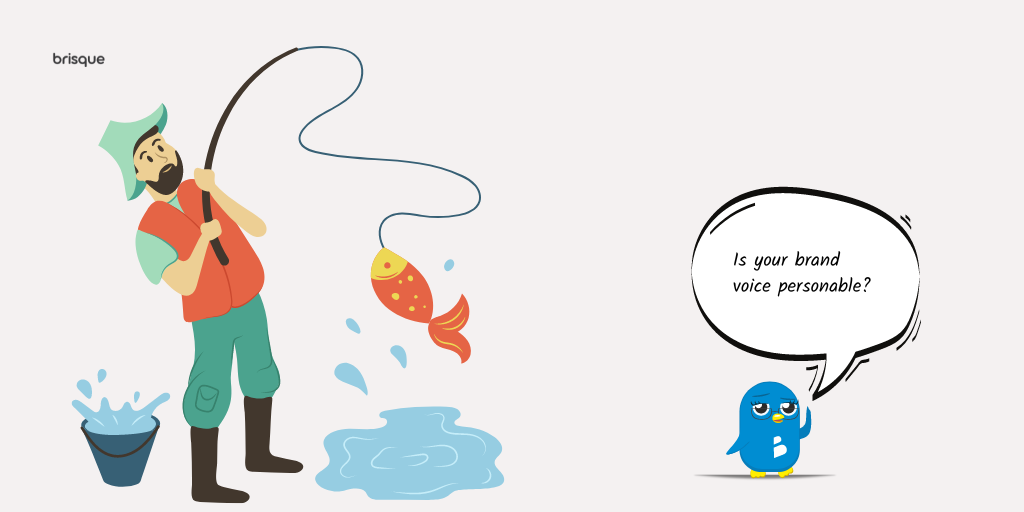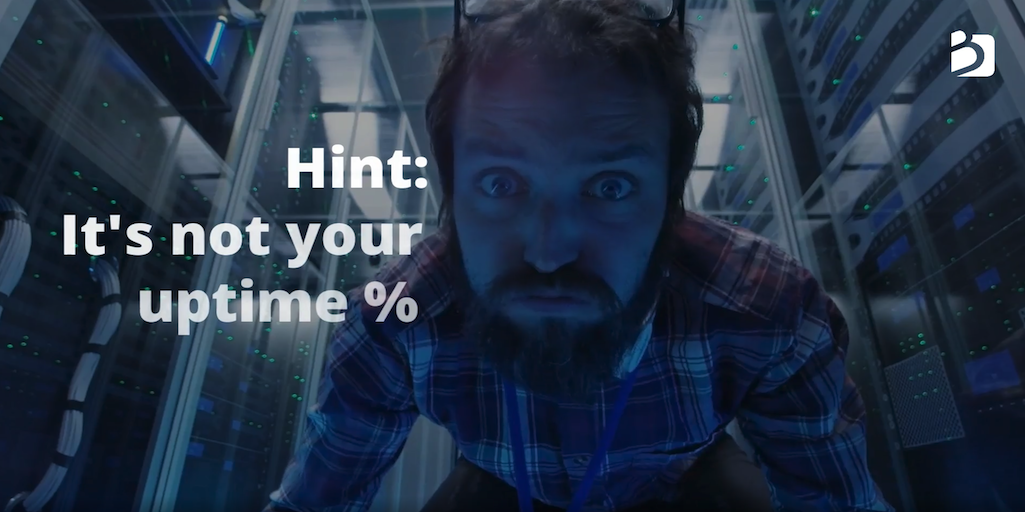Summary
Since Zombie marketing is so subtle, you have to pay attention to the signs to notice it. Here are some of the signs to look out for.
You might be afraid of monsters, ghosts, and goblins, but they are not all that you should be worried about. Zombie Marketing is so subtle that we don’t even notice its presence. It lurks in shadows and appears whenever we are ready to write a marketing message, create a marketing campaign, or speak to an audience. It’s sometimes so ingrained that we equate “a professional-grade” work to Zombie Marketing.
The more removed we are, the better.
The more unconnected we are, the clever.
It’s not that we planned ever to become Zombie Marketers. It just happened. Everyone does it, so we also accustomed ourselves to the practice. It might be that we now equate good marketing to Zombie Marketing because that’s all that we’ve known.
The only thing worse the Zombie Marketing is ghosting your marketing.
Since Zombie marketing is so subtle, you have to pay attention to the signs to notice it.
Here are 7 Ways to Identify Zombie Marketing
1. You try to sound like your competitor

The first rule of marketing is to differentiate, differentiate, differentiate. However, we often feel that if something is working for our competitor, then it must be the way. Our website has to look like our competitors. Our messaging has to be similar.
A look-alike is just what it sounds like – look alike.
It’s not different. It’s just like your competitor.
Worse of all, if your competitor is much bigger and has more marketing dollars, chances are you are unlikely to have the reach that they have. More importantly, when your prospects look to making a final decision on who to go with, because you are so alike, the bigger player competitor might appear to be the better choice because they are well known.
2. Your marketing message sounds like it could win a thesis award

It’s true that perhaps you should have won an award for your college thesis. However, the thesis days are over (hopefully). So, you don’t need to sound like you are writing an MBA paper. Now that we are in the real world, marketing to real people, we should do exactly that. Sound like an everyday person talking to another regular person.
What would you say if you were talking to a friend? Would you sound philosophical? (Okay, I do know a few people who do).
However, the point is that your number one goal with any marketing message or campaign is to ensure that you can connect with your target audience in a way that moves them to action. One of the key ways to do this is to appeal to the person’s emotion, and you do that by sounding easy-to-understand and just like an average person.
Connection-based marketing that uses empathetic messages are always better.
3. You are writing a research paper after the market research

Next, in line with your marketing message generally sounding like a thesis paper, is your marketing message sounding like a research paper. When your marketing message sounds like a research paper, you tend to talk about your audience instead of talking to them.
For instance, instead of saying, “as a working mom, we know time is one of the most precious commodities that you have. We provide solutions that help you save time.”
The Zombie marketing version that talks about the audience might sound like: “Working moms find time as one of the most precious commodities that they have. We provide solutions to help moms save time.”
See the difference?
You sound like you are talking about your target audience in the Zombie marketing version. It might not be easy to connect and draw someone in emotionally because you are not addressing the person directly.
4. You use almost every marketing cliché benefit word invented

“Are you ready for the revolution?”
“We have built the next evolution solution.”
“The ultimate solution for you.”
Can you see how great that sounds, but at the same time, doesn’t tell us much? That’s another sign of Zombie marketing. It always sounds great, but it often doesn’t help the reader or listener connect with why they need a solution.
Your audience may end up getting an inspirational feeling, which is excellent. However, when your message is not focused on why the solution solves their pain, they might face one of the following choices:
- Leave your website without connecting further because they don’t know if your solution solves their pain.
- If you are curious enough, you ask to talk to someone who can help answer your questions.
In most cases, you will end up with “A,” that’s why the average conversion rate for most websites is 3%.
5. You talk about how awesome your solution is instead of why your solution is needed

We get it! We all love our products. We think they are fantastic, and everyone should get one.
However, for people to understand that they need what you are selling, they need to know why. If you spend all the time describing all your cool features or how your product works without ever mentioning why the person needs the solution in the first place, you end up with people who are unsure of their decision. You’ll have some people that will get it and others that won’t bother to figure it out. Your goal at any point in time is not to give your audience lots of work to do. In addition to figuring out what your solution does, they need to figure out why your product is required. Your marketing message should have the elements of a humanized marketing message – listen, empathize, dream (LED).
It should sound like you are listening because you understand the pain, you are empathizing because you describe the effects of the problem, and you are selling the dream because you are explaining how your solution solves the pain.
6. You use a lot of abbreviations, and you are ready for tea time with the queen

I always imagined that if you had an invitation to have tea with the queen, you would have to put on your best Zombie marketing voice. You would have to sound knowledgeable at what you do.
What do we do to make us sound “knowledgeable?” We use a lot of abbreviations.
I experienced this during my first tech job. I was in a meeting, and I could barely understand anything communicated. Since I was new and wanted to impress, I wrote down all the acronyms used, went back to my desk, and Googled everything. I learned as much as I could about the technology terminologies to keep up during my next meeting. While I was willing to do that, you shouldn’t expect your prospects to do the same.
At the end of the day, you want to make things as easy as possible for people to understand. If you must use an acronym, ensure that you write out the full version at least once. Same with if you are speaking with a prospect or customer. Just like I felt like I didn’t want to interrupt the meeting every few minutes to ask questions, there are probably other customers who will feel the same way.
7. You use lots of technical language and industry jargons

We are all guilty of this one.
Once you are in an industry for so long, you start to think that everyone thinks like you. Knows all the things that you know. What we forget is that part of the marketing task is education. Meaning, many people will not know the technical aspects of your solution, product, or service. In actuality, they may not need to know the technical aspects of your solution. They only need to understand why your solution works for them.
As I write this, I am using a wireless keyboard and mouse. I bought it because I liked the convenience of not having to wire my mouse and keyboard to my computer.
Do I know the intricate details on how the Bluetooth technology makes this happen?
No! Do I care? Definitely Not.
I get why it’s beneficial, and that’s all that I care about.
We often lose our prospects because we are so busy sounding like we are talking to industry technicians when all your audience wants to know is, why do I need this?
Kicking out the Zombie!
It takes a lot of time and practice to stop something we’ve been doing for quite some time now. When we go through our marketing process at Brisque, we have to have a “humanization” editing process. Meaning, there are so many times when your marketing message will just not sound human right off the bat.
Your last and final step in your approach with any marketing activity is just to do a human check.
Ask yourself the following questions:
- Do I sound like I understand the pain?
- Am I describing the effects of the pain?
- Have I connected the pain and the effects of the problem to the solution?
- Will almost everyone understand my message?
- Is there a simpler word that I can use?
From one former Zombie marketer transitioning to a humanized marketer, you got this!









